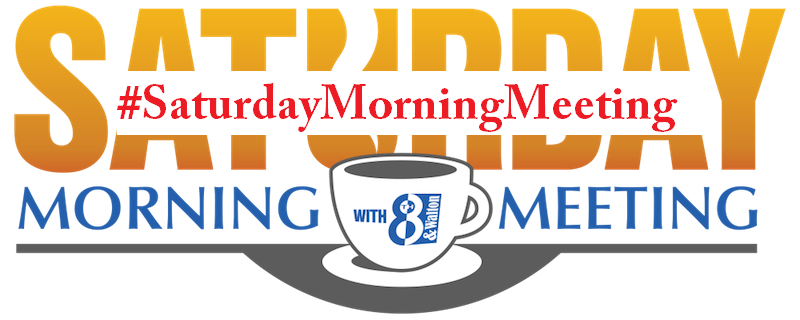Your cart is currently empty!

Choosing a Hashtag
We’re getting ready to do some live tweeting for our client 8th & Walton’s TV program. Naturally, the first step is to choose a suitable hashtag.
Hashtags help people find specific conversations on Twitter. If you mosey over to your Twitter account and hope to find people talking about something in particular, you will probably be disappointed. Choosing good accounts to follow is like dropping by a coffee house where you know like-minded people hang out, knowing that it’s likely that the folks who want to discuss your topic will be gathered there. In real life, you may drop by and find that the only conversation going on is about Justin Bieber — and that can happen at Twitter, too.
Fortunately, at Twitter you can use hashtags to find the conversation you want to be part of. Open your Twitter feed in hopes of finding someone chatting about digital health and you may be disappointed. Type #digitalhealth into the search bar, and you will see only the tweets marked with that hashtag.
I use a hashtag in my classes so that we can all easily share research results. Event organizers can use hashtags to gather questions at a large or an online event, and participants can use them to find all the people tweeting at the event. They also make a good search tool if you want to find out what the twitterverse has to say about current events or to join a conversation on a specific subject.
The other side of the coin is that using hashtags can help people find you. But that’s only the case if you are using hashtags people are looking for, and adding something to the conversation. Peppering your tweets with hashtags will not broaden their reach or make them more popular.
Coming up with a new hashtag works very well in the situations I’ve described above: when you can tell a group of people what the hashtag is going to be, so that they can find one another at Twitter, or when people are actually looking for things you’re talking about. How can you make sure to make a good choice? Check these things:
- Is the hashtag already in use for something else? The client’s internal name for their event, “smm,” is widely used for “social media marketing.” If we insist on using #smm, we will just be confusing people.
- Is the hashtag already in use for something you could use? Another obvious option for this client is #SaturdayMorningMeeting. On checking, I found that people are already tweeting about the TV show using this. In other words, there is a bit of a grassroots thing going on. We can certainly piggyback on this.
- Is the hashtag hard to read or remember? We could use #SaturdayMorningMeetingwith8th&Walton, but we won’t. If the hashtag you choose is long and cumbersome, people won’t type it in.
- Does the hashtag have possible ambiguities? I live in Northwest Arkansas. Lots of folks here use #NWA as a hashtag for Northwest Arkansas. If you search for this hashtag, though, you’ll find that it is more widely used for a completely different topic.
Our choice in this case is fairly easy. We might not have gone with #SaturdayMorningMeeting if it hadn’t already been in use — it’s rather long, and we thought people might find it confusing. If people are already talking about your brand, though, you can certainly join the conversation.
Twitter warns us that picking a new hashtag without promoting it probably won’t get you very far. Specifically, it will show up for your followers, and not for anyone else, because nobody else will be looking for it. We’ll ask the show’s host to mention the hashtag on air, put it into the newsletters, and otherwise tell people about it. We’ll invite watchers to join the conversation. We’ll get the whole team to make consistent use of it and ask the show’s guests to use it in their social media. You should do these things, too. If you plan to use Twitter ads, you can promote your hashtag along with your tweets.
by
Tags:

Leave a Reply